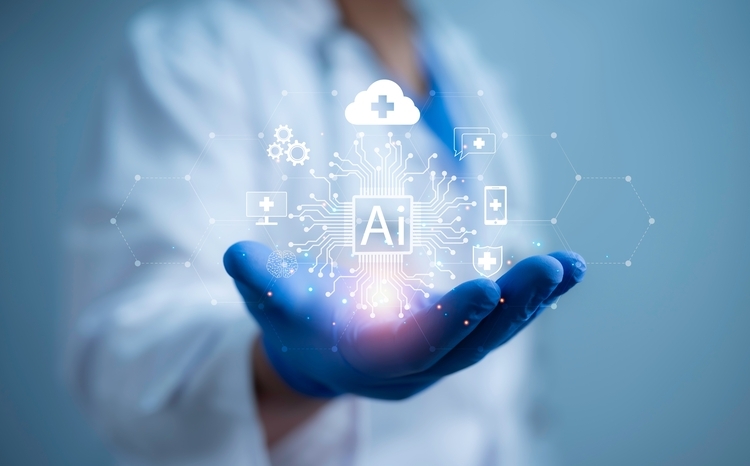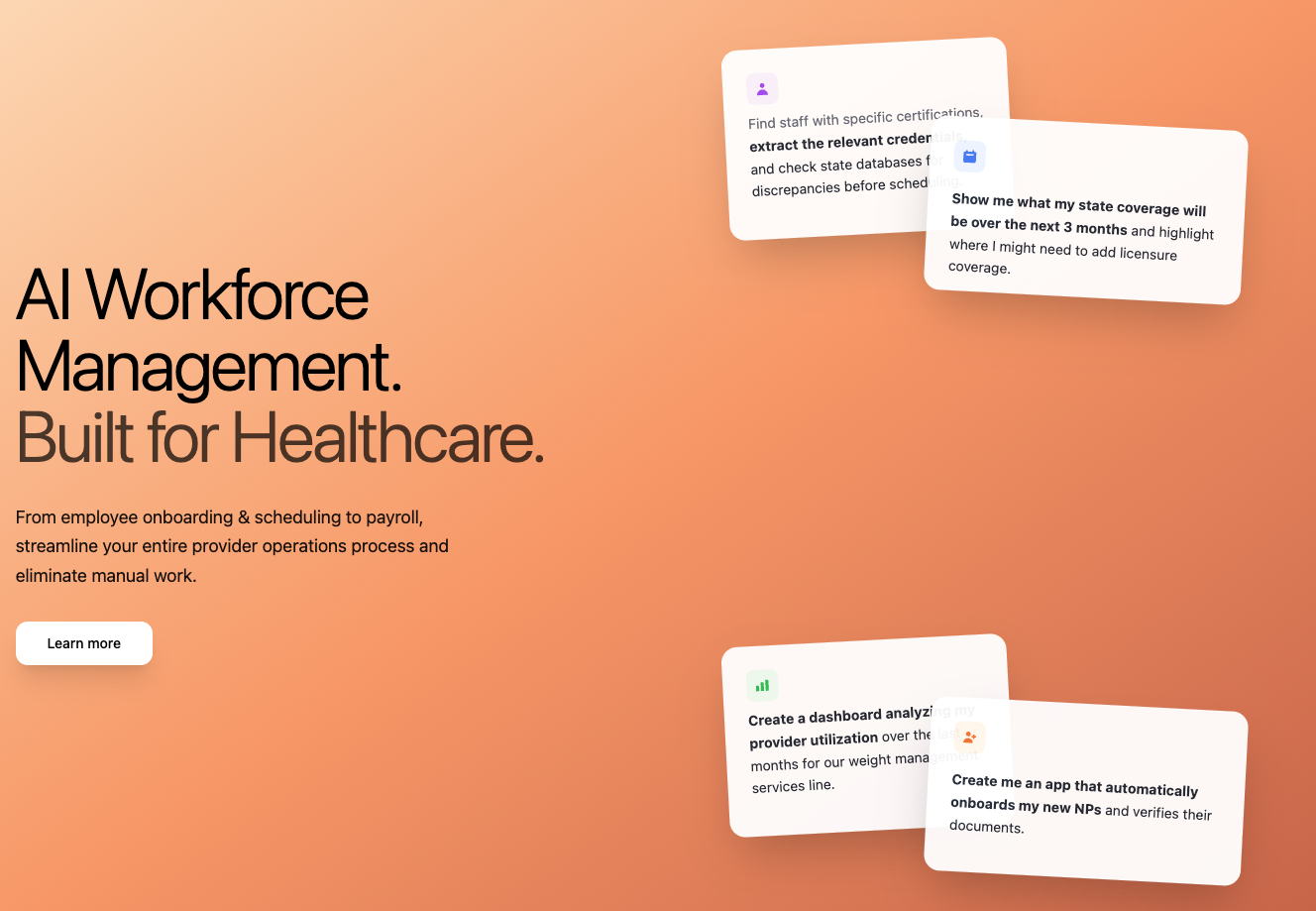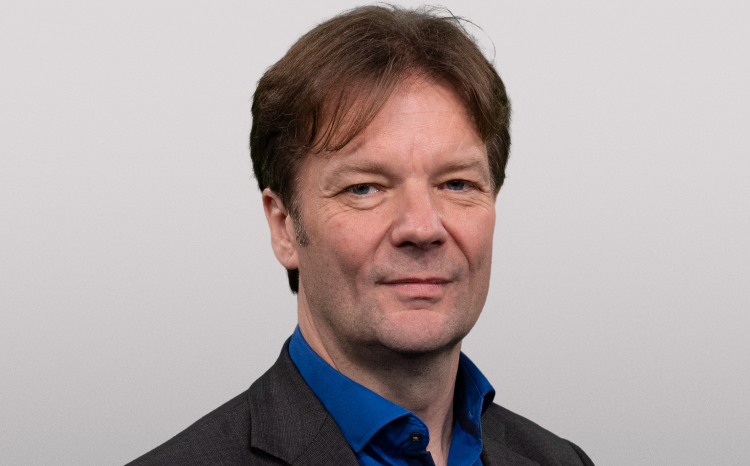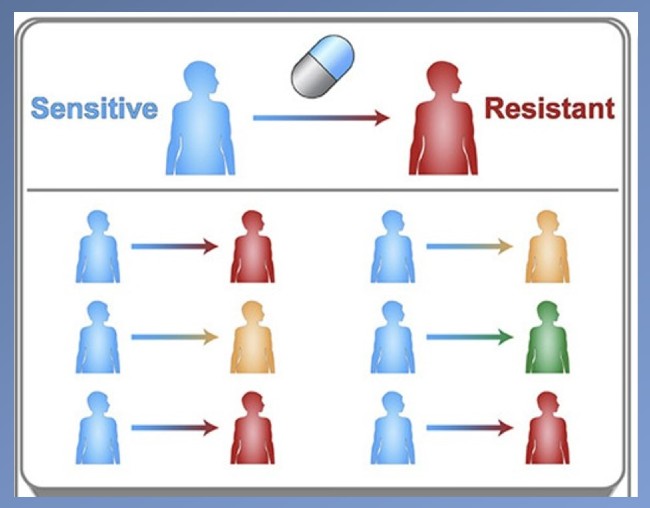NHS Shared Business Services (NHS SBS) has launched a £150 million framework agreement for outsourced transcription, speech recognition and digital dictation services.
Government guidance, published in April 2025, encourages NHS doctors to use ambient voice technology (AVT) and generative artificial intelligence to transcribe patient consultations and convert them into structured medical notes and letters.
He ‘Digital dictation, speech recognition and outsourced transcription 2The framework agreement provides NHS and public sector organizations with access to pre-vetted suppliers and technologies to address immediate operational pressures while supporting long-term digital transformation.
It also sets a future-proof path for adopting emerging innovations such as AVT and AI-based writing tools, which will be incorporated into the framework agreement as they become market-ready.
Phillip Wood, senior category director – digital workforce and IT transformation, at NHS SBS, said: “Our framework agreement is a strategic enabler for the NHS and wider public sector, offering digital dictation, speech recognition and outsourced transcription solutions that directly support operational efficiency.
“Today’s tools remain essential components of clinical documentation workflows and offer proven, scalable solutions that support day-to-day service delivery.
“As AI and AVT-based writing tools continue to evolve, they are poised to complement established systems.
“Together, these technologies form a layered approach to digital transformation, enabling healthcare providers and organizations to match the right tool with the right task, while maintaining flexibility, accuracy and efficiency across broader clinical and administrative environments.”
The framework agreement will be valid from October 1, 2025 to September 30, 2027, with an option to extend for up to two years. It covers four areas (Lots): digital dictation, speech recognition solutions, outsourced transcription services and combined solutions.
Solutions include both on-premises and cloud-based software-as-a-service platforms, covering software, hardware, integration, training, consulting and support. Providers can expand their offerings as innovative technologies emerge.
An NHS study in London, led by Great Ormond Street Hospital for Children, found that AI writing technology had “transformative benefits” for doctors and patients, with the potential to unlock £834 million a year if rolled out nationally.
However, adoption of the technology has so far been slowed by regulatory uncertainty, and Alec Price-Forbes, England’s national chief clinical information officer, circulated a letter in June 2025, warning caution about its use without adequate clinical security and information governance assurance.
To help address this, a new national commission was created in September 2025 to advise the Medicines and Healthcare products Regulatory Agency on how to accelerate access to the latest artificial intelligence tools, including AVT for clinical note taking.
Price-Forbes also announced that NHS England is launching a national AVT self-registration for providers, which it said was a “tactical response” to the use of technology in the NHS.



